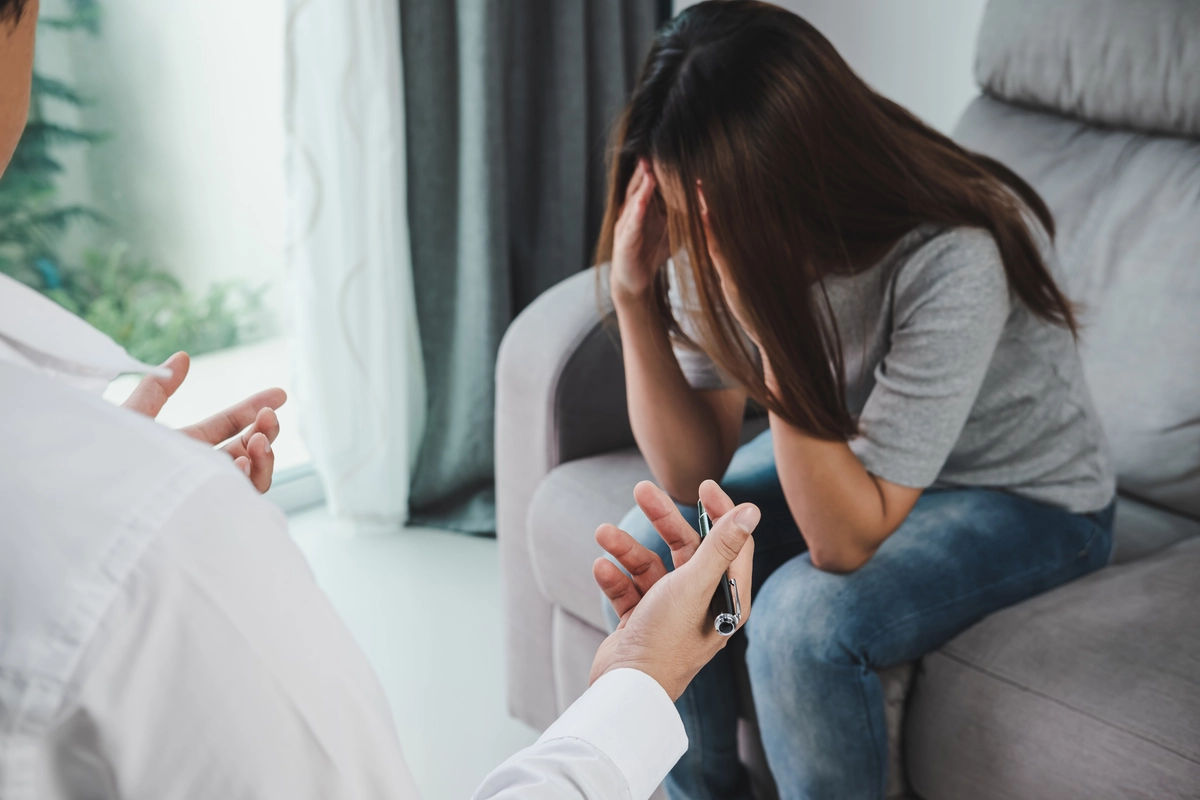24/7 Helpline:
(866) 899-111424/7 Helpline:
(866) 899-1114
Learn more about OCD Treatment centers in Lake Waccamaw
OCD Treatment in Other Cities

Other Insurance Options

Health Choice

State Farm

Holman Group

Molina Healthcare

Coventry Health Care

Regence

Optum

WellCare Health Plans

Magellan Health

Optima

GEHA

Oxford

Evernorth

Multiplan

Health Partners
Beacon

Providence

Highmark

Access to Recovery (ATR) Voucher

Cigna


Allied Behavioral Management
Allied Behavioral Management is a private rehab located in Whiteville, NC. Allied Behavioral Managem...

Advantage Behavioral Healthcare
Advantage Behavioral Healthcare - Davis Avenue offers outpatient treatment for individuals with alco...

Robeson Healthcare Corporation
Robeson Healthcare Corporation - Hill Plaza is a non-profit rehab located in Whiteville, North Carol...
























































































































AA – Alcoholics Anonymous
AA – Alcoholics Anonymous is a non-profit rehab located in Whiteville, North Carolina. AA – Alcoholi...

Rouse Counseling & Consulting
Rouse Counseling & Consulting is a private rehab located in Whiteville, North Carolina. Rouse Counse...

Clean and Clear Evaluation
Clean and Clear Evaluation is a private rehab located in Whiteville, NC. Clean and Clear Evaluation ...











































































